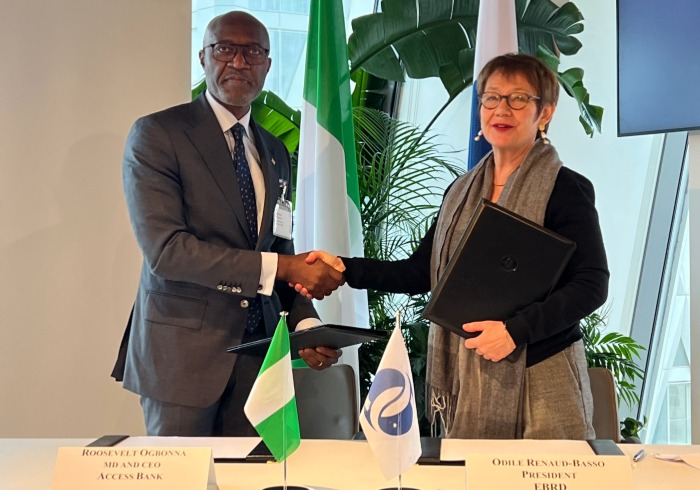Trade finance fintechs have welcomed a French government decree setting out how businesses can take advantage of the country’s new digital trade law, though warn its “reliable platform” approach could create misalignment with international standards and confuse SMEs.
On August 14, French Prime Minister François Bayrou issued Decree No. 2025-811, aimed at clarifying what constitutes a “reliable” digital trade platform after more than a year of deliberation.
The move is the latest step in France’s implementation of legislation passed in June 2024, which gave electronic trade documents the same legal standing as paper, aligning the European country with several other markets, such as the UK, Singapore and Bahrain.
Decrees are a type of executive order that outline how French law is to be applied, with the latest measure targeted at a wide range of stakeholders, including financial institutions, insurance providers and transport companies.
Philippe Henry, managing partner at consultancy firm Dewenson Partners, says the decree provides “legal certainty” for the trade sector and that “nothing stands in the way of operational deployment” of public or private platforms offering solutions such as electronic bills of lading.
“France now has a comprehensive legal framework for the dematerialisation of transferable commercial instruments – bills of lading, bills of exchange, promissory notes – making it one of the very few jurisdictions to offer a fully operational legal environment for these digital instruments,” he says.
Henry, who helped shape France’s digital trade law, claims the decree will also enable “far safer” securitisation of trade documents.
“This is a decisive legal building block not only for trade finance, but also for the secure tokenisation of commercial and financial assets: negotiable instruments, transport documents, assignment deeds, even order-based insurance policies,” he adds in a LinkedIn statement.
Entities involved in the creation, signing, modification, transfer, preservation and archiving of electronic documents must meet various conditions to comply with French law, the decree says.
For instance, they must ensure the uniqueness of the electronic transferable security and identify who has control over it, and also preserve the integrity of the document while attesting to any modifications.
The decree also stipulates how documents should be converted from paper to electronic format.
A prescriptive first
While both the UK’s Electronic Trade Documents Act and UNCITRAL Model Law on Electronic Transferable Records (MLETR) are widely seen as the key legal frameworks in this space, they stop short of defining how to assess whether a system is reliable.
France’s decree is the first attempt by a government to be prescriptive on this point.
Fintechs say more detail is needed on how France’s approach will interact with international standards, particularly those being developed by the International Chamber of Commerce (ICC).
Boaz Lessem, chief legal officer at WaveBL, tells GTR the decree is a “welcome step that should encourage French banks to begin accepting electronic document presentations more widely”.
“That said, it is important that the definition of a ‘reliable system’ is not handled in isolation at the national level but instead follows a globally recognised methodology for evaluating platform reliability. This is essential to ensure consistency, trust, and interoperability across borders,” he adds.
The ICC has been leading industry efforts through its Digital Standards Initiative (DSI), which has published an assessment tool for digital trade platforms and worked with technology providers such as Enigio to develop criteria for what constitutes a reliable system.
The French decree requires an independent assessment and control body to review and certify a platform every five years, deciding whether its processes meet the “reliable method” test in Article 16 of Law No. 2024-537.
Patrik Zekkar, chief executive at Enigio, says France’s decree is a “very positive step” and that the country’s reliable system certification requirement is “in principle a good thing”.
He says he expects the French certification system will be based on the work carried out by the ICC’s DSI, but warns of negative consequences if their approaches ultimately deviate.
“The decree mandates independent certification every five years but doesn’t yet clarify how this will align with the ICC DSI Reliable System Statement. Without that link, businesses may face multiple, conflicting certification regimes,” he tells GTR.
“France’s detailed [paper to electronic] conversion rules also go further than current international practice,” he adds.
“The certification requirement could risk fragmentation if it is developed in isolation from international practices. We must avoid fragmentation in implementing it, or it will become a blocker by creating confusion and uncertainties. In particular for the SME users.”
“If other countries adopt different rules, cross-border recognition could become complex,” he adds.
He points out that SMEs are most exposed and need “clear, harmonised standards, not a patchwork of national variations”.







